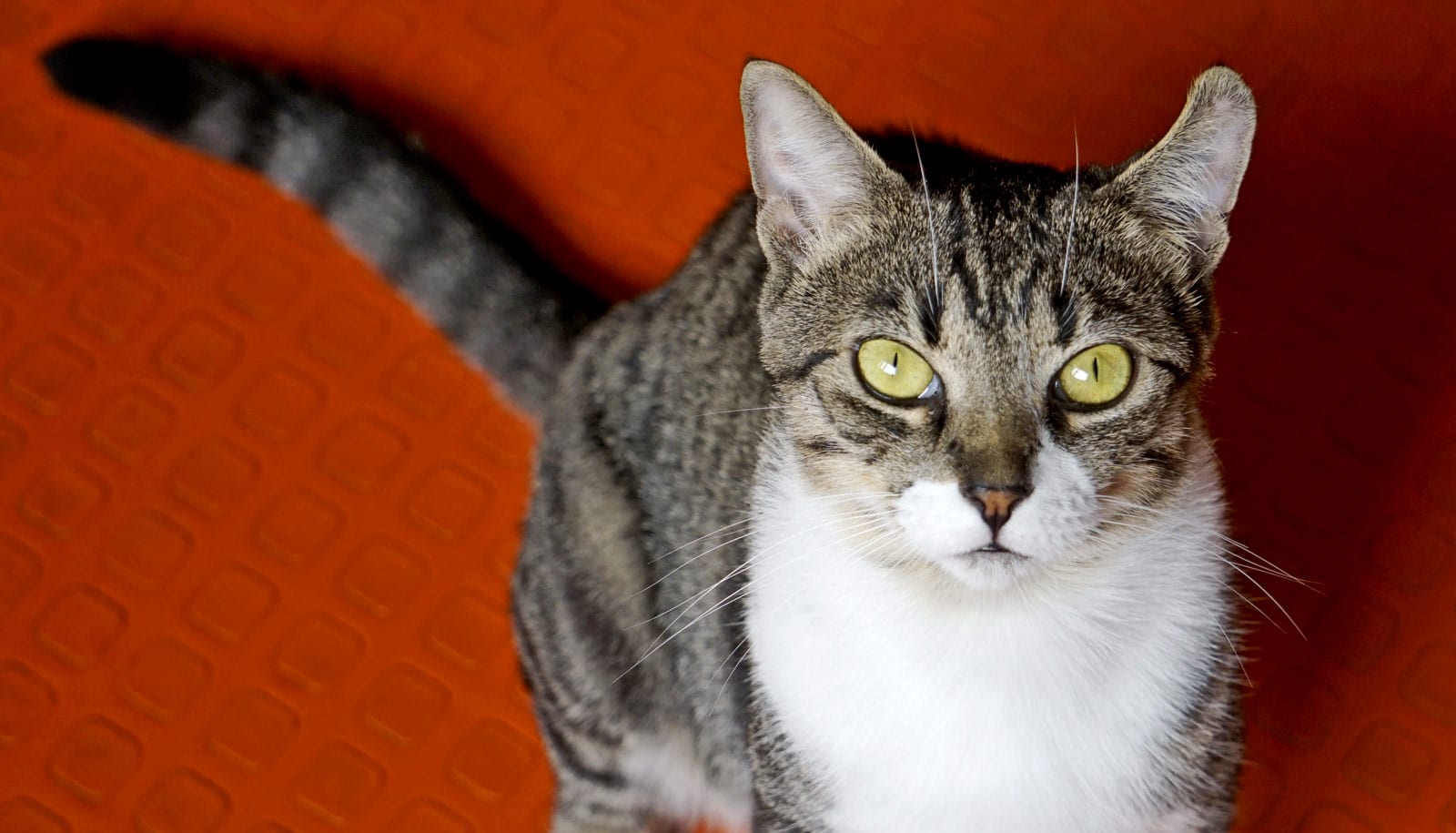Homemade cat food recipes skip essential nutrients and could even contain potentially toxic ingredients, a new study reports.
Researchers evaluated 114 recipes from online sources and books that non-veterinarians and veterinarians had written. Forty percent of the recipes did not provide any feeding instructions, and the remainder lacked detail and/or clarity.
“Only 94 recipes provided enough information for computer nutritional analysis and of those none of them provided all the essential nutrients to meet the National Research Council’s recommended allowances for adult cats,” says Jennifer Larsen, a veterinary nutritionist with the University of California, Davis, School of Veterinary Medicine, and lead author of the paper in the Journal of the American Veterinary Medical Association.
Recipes lacked nutrients regardless of the source or whether veterinarians wrote them, although those written by veterinarians had fewer deficiencies in essential nutrients, Larsen says.
Most recipes lacked concentrations of three or more nutrients, with some lacking adequate amounts of up to 19 essential nutrients. Many recipes had severe deficiencies, providing less than 50 percent of the recommend allowances of several essential nutrients including choline, iron, zinc, thiamin, vitamin E, and manganese.
Whether the recipes could harm cats varies based on feeding instructions, the length of time the cat has eaten the diet, the cat’s health, and the degree of the recipe’s nutritional deficiency. Researchers found just five recipes, all from veterinarian authors, that met all but one of the essential nutrients.
Seven percent of the recipes called for ingredients that are potentially toxic to cats, including garlic or garlic powder, onions, and leeks. Some recipes called for raw animal products without mentioning potential risks of bacterial contamination. Others that included bones neglected to mention the importance of grinding them to prevent gastrointestinal tears.
Larsen points to a big surge in cat owners switching to homemade cat food recipes after the discovery of toxic substances in commercial pet food imported from China more than a decade ago.
Some cat owners choose homemade recipes because they want more control over their cat’s diet. Others believe their cat should have a vegetarian diet, or one with sustainably sourced or organic ingredients. Cat owners should be cautious about homemade recipes, Larsen warns.
“Homemade diets are not necessarily better. If you are going to use one, you have to make sure you do it safely and they should be balanced and appropriate for your individual cat.”
Cat owners who want a homemade diet for their cat should talk to a board-certified veterinary nutritionist, Larsen says, who specialize in formulating homemade diets for pets.
Source: UC Davis


